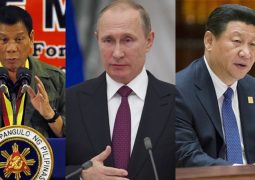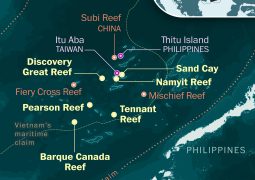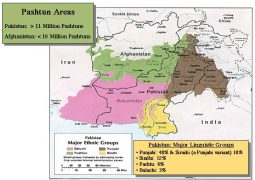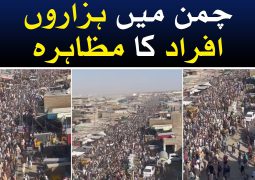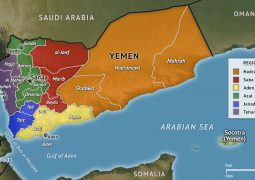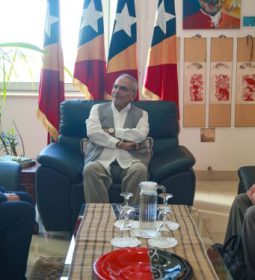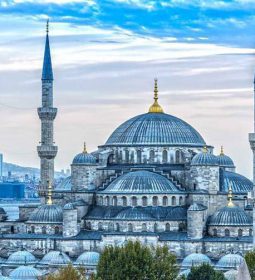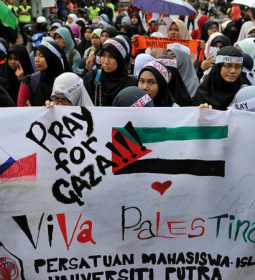Malaysia is facing an identity crisis
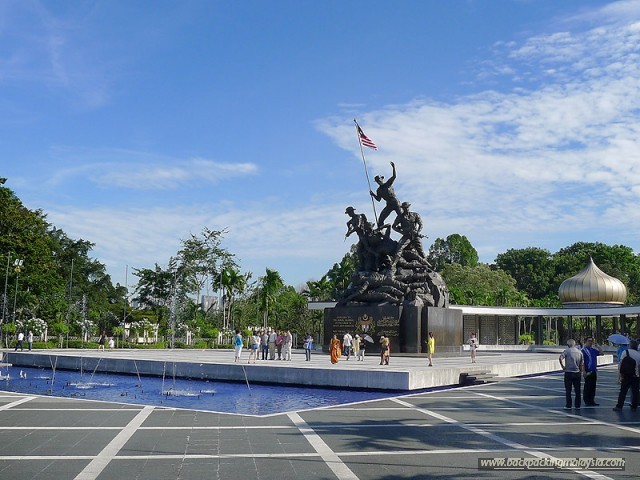
The younger generation need to share their learning, working and recreational space so that they develop an emotional understanding of each other.
By Mohamed Ghouse Nasuruddin
May 12, 2019
FORGING a national identity varies according to the nature of the society. The ideal expression of national identity is easily achieved in a homogenous society whose populace are linked through a single language, education system, dominant belief system, heritage and a common history. They can identify with the mores and lore of their ancestors and take pride in them.
Japan is an example of a homogenous society which takes pride in its heritage, such as the samurai tradition and the values of loyalty and courage.
On the other hand, a heterogenous society has a conglomeration of different ethnic narratives, which in some cases have merged and forged a national identity, while in others have become calcified into their own domain to sustain their identities. Malaysia is an example of such a heterogenous society where efforts towards a national identity are marred by chauvinistic sentiments.
Malaysia appears to be facing an identity crisis for several years now. It has a heterogenous society with multiple ethnic identities in behaviour, mental state, ideology and belief. Each ethnic group has its own agenda with its own language and cultural expressions that more often than not, segregate rather than integrate. However, because of a laissez-faire attitude towards national identity, each ethnic group began to assert its identity through tangible and intangible cultural traits which manifested in their own language, beliefs, arts and other symbols of their heritage. Perpetuating the multiple communal identities negated the efforts towards a national identity.
There appears to be no common ground for interaction. Superficial physical interaction which addresses only the symptoms and not the cause, and may not be a sufficient impetus towards creating lasting and engaging relationships. There has to be camaraderie that fosters sharing and caring that creates a mental state of enduring relationships that are unfettered by religious and racial bigotry.
There is very little effort to look beyond the bigotry of racial sentiments. Some leaders of each racial group emphasise and promote their own thymos and isothymia, that is, the recognition, pride and identity of each racial group. There is no effort at bridging this ethnic chasm; to each its own.
The markers of national identity, such as the national anthem, language, and the Jalur Gemilang, are most often observed at official functions as manifestations of patriotism. But for some, these symbols of nationalism are just that and seldom evoke the patriotic spirit, perhaps except in the sports arena.
A national identity must be crafted from the historical perspective of the country using the dominant culture of the indigenous people as the base. However, a national identity cannot be based solely on the biological considerations of the indigenous inhabitants but also on the societal constructs developed through the interactive forces of human engagements. Thus the need to assimilate later settlers to this country through a common vision of national aspiration.
To create this societal construct, we need to develop common denominators that include mutual toleration of the idiosyncrasies of different communal groups as well as forge common norms and values. In creating this ecosystem of national integration, there has to be compromises to develop the symbols of national aspirations and patriotism. One undeniable major factor is the language of the indigenous people as the national language and their belief system as the official religion without imposing any constraints on the practice and use of other languages and beliefs.
This is exemplified in other countries, such as Britain where English is the national language and Christianity is the official religion. French is the national language of France and Catholic is its religion. In other Christian nations, too, the language of the indigenous people is the national language. In Thailand, it is Buddhism and the Thai language. The Philippines has Tagalog and Catholicism. In Indonesia, it is the Indonesian language and Islam as the official religion, just as in Malaysia. Even in secular countries like China and Russia, the language of the indigenous people is the factor that binds the people.
It is only in Malaysia that we face problems of promoting Malay as the national language as even after 60 years of independence, a substantial segment of the population cannot converse in Malay or only use it during official occasions. We are in fact a nation divided by race and also by geographical location, such as Sabah and Sarawak, which are also promoting their own provincial identities, Sabah for Sabahan and Sarawak for Sarawakians.
How do we integrate these communities to represent national identity? There has to be an ecosystem to nurture this national identity. First, we need to phase out identity politics that champion ethnic rather than common interests. It is easier said than done for the race-based political parties in Peninsular Malaysia are too ensconced in their sectarian mould that they have cultivated for so long. They have imbedded prejudices and suspicions about other races in their members. It will take time to cleanse their mental state towards a new paradigm of co-existence and trust. Such an endeavour must start with the younger generation for the older ones are too petrified and dogmatic in their mental and emotional states.
The younger generation need to share their learning, working and recreational space so that they develop an emotional understanding of each other. We must be patient to engender this mental attitude and the authorities, especially the politicians, must provide the leadership towards achieving a national identity.

We should move as one nation and one people, whose various narratives coalesce into a shared destiny.
The writer is an emeritus professor at the Centre for Policy Research and International Studies, Universiti Sains Malaysia, Penan
- Previous Israel had a plutonium device ready to turn into a nuke in 1967 war
- Next U.S. B-52 bombers reach Middle East in message to Iran



